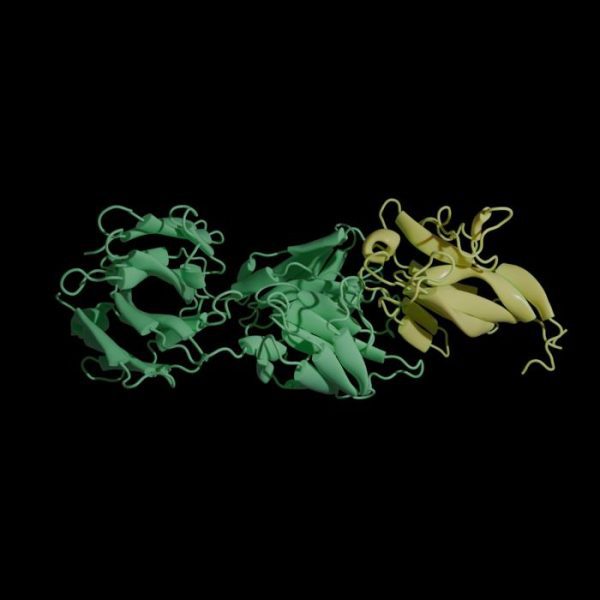H5N1 bird flu mutates to better hijack human cells

From egg prices to pet food recalls – and now, confirmation that another strain of bird flu has infected a large commercial flock of broiler chickens on a Mississippi farm – headlines are capturing escalating concern over H5N1’s spread.
According to recent findings by a team of bioinformatics and genomics experts at the University of North Carolina at Charlotte, the virus has already adapted itself to escape immunological defenses (such as those raised by previous infection or vaccination) in mammals. The risk to human health is expected to rise as H5N1 evolves to better infect mammals, the study finds.
This rapid adaptation means that “an H5N1 vaccine made (for an earlier strain) will have less efficacy,” said Colby T. Ford,’14, ’15 M.S., ’18 Ph.D., now a visiting scholar in data science at UNC Charlotte’s Center for Computational Intelligence to Predict Health and Environmental Risks (CIPHER). Read the full story…